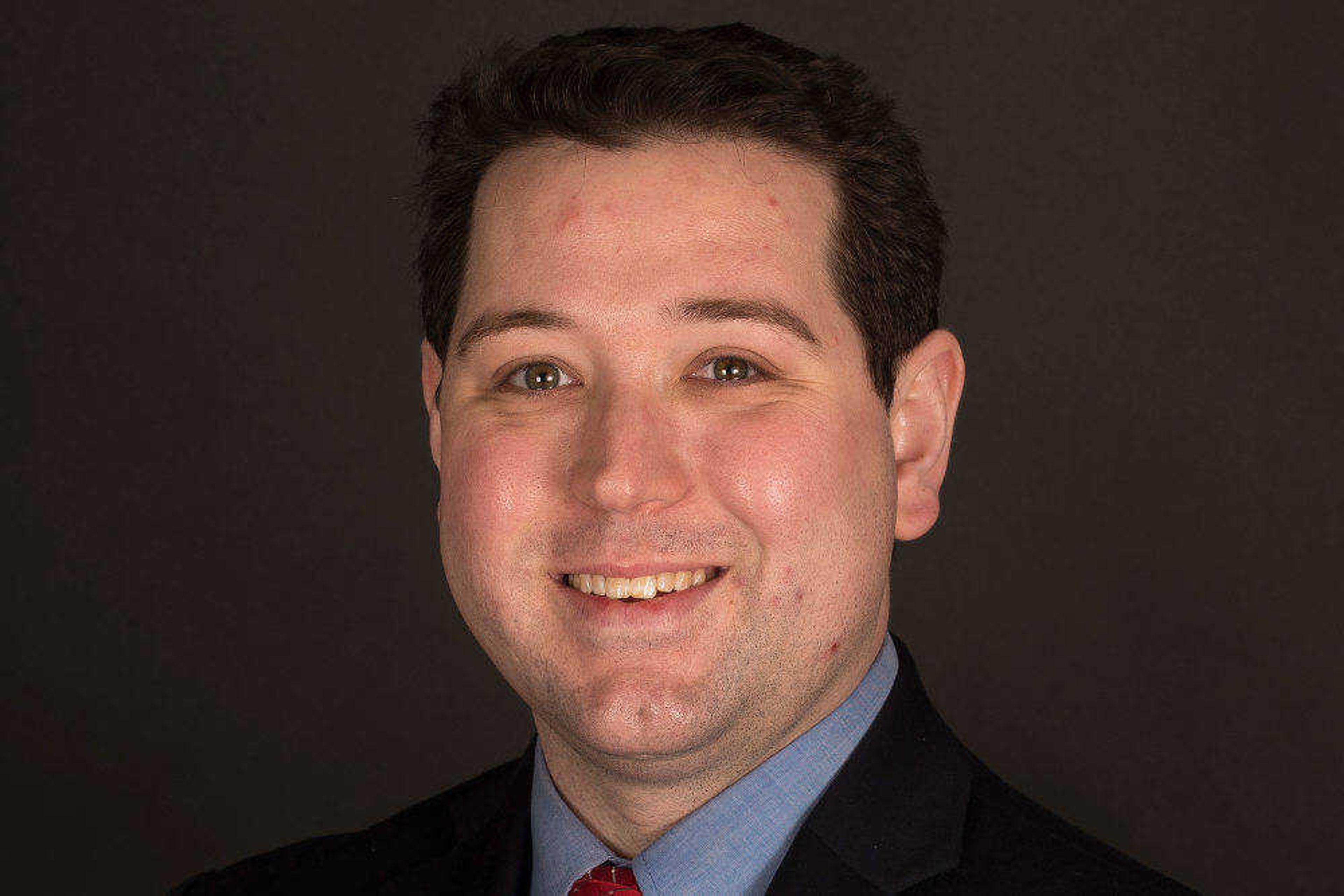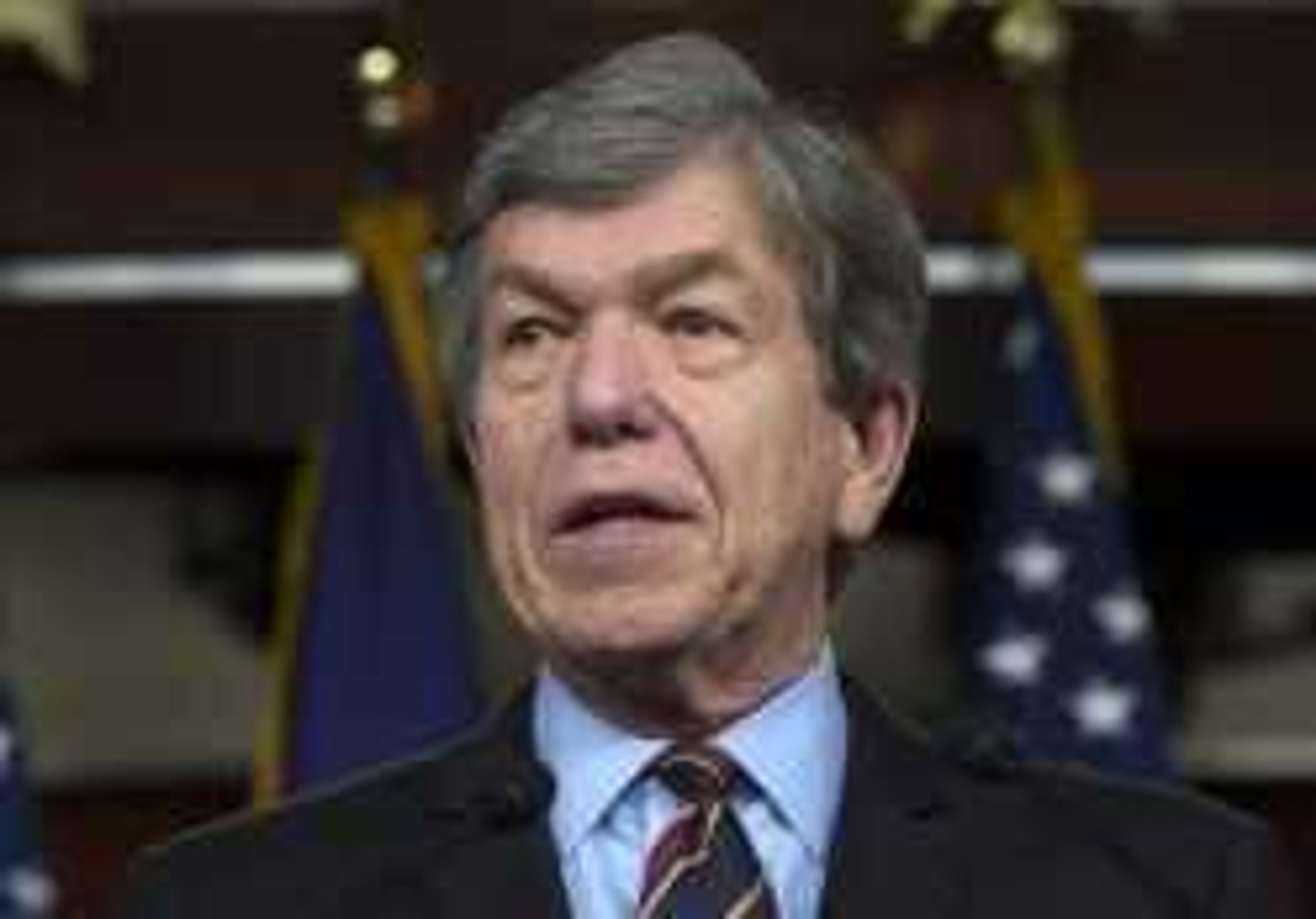Blunts talks COVID vaccine, election results and Trump legacy
Sen. Roy Blunt says the United States has written two new chapters on how to respond to a pandemic, one on testing and another on vaccines. The senator spoke with me Friday afternoon on several topics, including the good news about multiple COVID-19 vaccines nearing approval...
Sen. Roy Blunt says the United States has written two new chapters on how to respond to a pandemic, one on testing and another on vaccines.
The senator spoke with me Friday afternoon on several topics, including the good news about multiple COVID-19 vaccines nearing approval.
"I really think that this is a huge breakthrough in basically responding to anything but particularly in responding to a pandemic," Blunt said via a Zoom interview from his Washington, D.C. office.
On Friday, Pfizer was the first pharmaceutical company with a COVID-19 vaccine to apply for a use permit. Moderna and others are said to also be nearing the application process.
"Sometimes that's called an emergency-use permit. But what that really means is, you're not going through the two or three years that you would normally go through with a vaccine before you let people have it," Blunt said, adding that everyone involved, including Dr. Anthony Fauci, are giving assurances in the safety and efficacy of the vaccine.
The senator said the trials have shown the COVID-19 vaccines are more effective than some leading ones on the market for other diseases.
"The likely success of the vaccine exceeds any standard that you need to have," Blunt said. "Six months ago, scientists were saying if we have a vaccine that's 50% effective, if half of the time it works, we probably should certify that vaccine when it's available to be certified. With both Pfizer and Moderna, you have vaccines that appear to be in the 95% area. That's more than measles. That's more than mumps. That's more than chickenpox, which are all kind of right at 90 [percent]. So this is a great breakthrough."
Blunt said the general in charge of logistics has said shipping of the initial vaccines will begin within 24 hours of approval with an expected 20 million people receiving the vaccine in December.
Vaccines would first go to those most negatively affected by the virus, such as health care workers and those in nursing homes.
"While the vaccine will be free, nursing homes may have some expenses for people coming in to give everybody that wants it. And I would think in a nursing home that would be everybody," he said.
Other essential workers will be next in line to receive it in January and February. This includes bus drivers, teachers, child care workers, grocery store workers and those who work in food processing centers.
"Every group [that] gets the vaccine, all of us are safer because that group is sort of taken off the playing field. When I go check out at the grocery store, no matter how high the shield is between me and the grocery store clerk, if they can't get it they can't give it to me," Blunt said.
The senator expects 50% of the American population will have access to the vaccine by April, with the hope that by Memorial Day or the Fourth of July we'll be able to reengage economically and socially like we did before the virus hit our shores.
Election integrity
Blunt, a former Missouri secretary of state, recently made comments to the effect that President Donald Trump may not have actually lost the election.
"Well, the point I was making the other day, Lucas, was looking at all the projections about what was going to happen on Election Day and talking about none of those projections [coming true.] The president was going to be badly defeated. Republicans were going to lose seats in the House of Representatives. We were going to lose control of the Senate. We were going to lose legislative bodies all over the country. None of those things happened. And if you look at that, and you're the president, you got to wonder what's going to happen [if you] pursue all the legal recourse, which you should do, to decide that every legal vote is counted, and illegal votes aren't counted. And he's going through that process right now."
Blunt is not in favor of the federal government taking over elections, noting it's better to have local control with local election officials remaining accountable to voters.
"I think the backbone of the system is secure. And if there were ballots that shouldn't have been counted, the President has every right, and we want to see him have the opportunity to challenge that."
Blunt said if Republicans hold the Senate and he remains chairman of the Senate Rules Committee, he plans to hold hearings to look back on the election.
Though not prepared to close the book on this election, Blunt said the legacy of President Trump's first term in office is a strong one. He pointed to the president's efforts to make NATO allies do more of their "fair share"; pushing for the Abraham Accords and seeing Muslim countries recognize Israel; leading with tax and regulatory reform; driving a robust economy in his first three years in office before the pandemic; and his response to COVID-19 with Operation Warp Speed.
Politically, Blunt said President Trump has expanded the Republican Party.
"Nobody predicted this. No pundits said this was even possible. The president got the highest percentage of minority votes of any Republican candidate for president in over 100 years," he said. "And now we have to think about that. Think about how we build on that. Think about Hispanic families that we know who care a lot about their family, care a lot about their faith, work really hard. In my view, that's a pretty good formula to be a Republican. And that's part of his legacy as well."
Lucas Presson is assistant publisher of the Southeast Missourian. Sign up for his newsletter at www.semissourian.com/newsletter.
Connect with the Southeast Missourian Newsroom:
For corrections to this story or other insights for the editor, click here. To submit a letter to the editor, click here. To learn about the Southeast Missourian’s AI Policy, click here.











